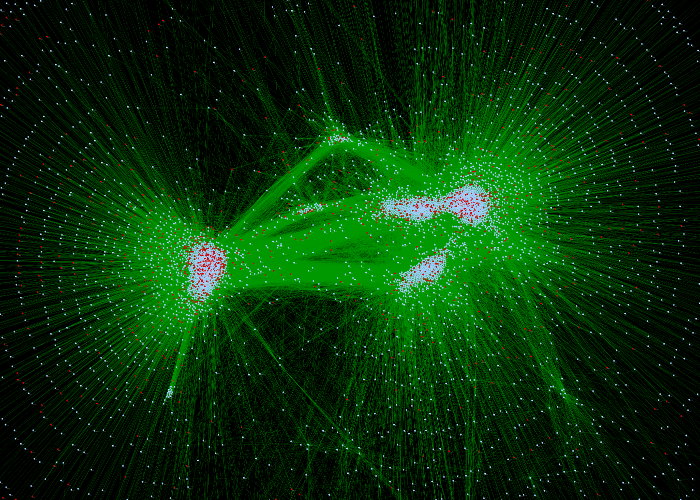Every once is a while though, it's actually useful to be able to throw together a quick script, or to generate a plot while you're having a discussion with your colleague. It's not something I'm particularly skilled at since I don't do it much. So is there some fun way to practice coding quickly?
Let's make a bot battle competition!
I wanted this to be a pretty straightforward weekend project, so I decided to stick with a simple game that I love a lot. Reversi, also known as Othello is a great game that even little kids can easily understand. The game itself hasn't been solved though, so it's far from trivial. It's the perfect game for this sort of project.
I'm not going to run through all of the code or anything, but the repo is available if you want to try it out yourself. A more detailed explanation of how to run the code is there, as well as the general rules of the game. If you don't feel like playing yourself, here's a quick clip of what a Series might look like:
If you have any suggestions or need help setting up the game, just let me know!
Cheers!
